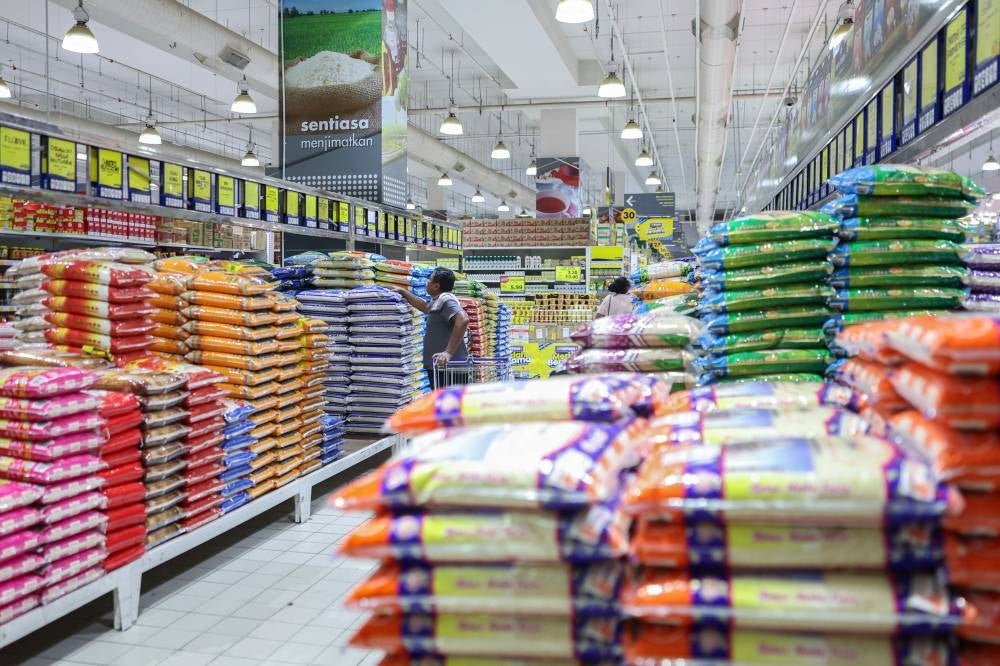'Government should amend Act to impose harsher penalties for subsidy traitors'

SHAH ALAM - The government should amend Section 22 of the Padi and Rice Control Act 1994 to impose harsher penalties such as imprisonment and caning for subsidy traitors, said Universiti Teknologi Malaysia (UTM) constitutional expert and research fellow in law and constitution Associate Professor Dr Muhammad Fathi Yusof.
"Currently, imprisonment is only imposed on individual offenders, and there is no provision for caning," he told Sinar yesterday.
He said the amendment is necessary as the current penalties are not enough to deter companies from manipulating the rice supply within the country.
"The punishment for offences involving rice and paddy cartels is subject to the Padi and Rice Control Act 1994 or Act 522.
"If the offence is committed by an individual, the punishment is two years in prison and a fine not exceeding RM15,000.
"For the second offence, imprisonment can be imposed for up to four years and a fine not exceeding RM25,000.
"Meanwhile, if the offence is committed by a company, the fine imposed is RM25,000, and for the second offence, a fine of RM50,000," he said.
Muhammad Fathi said such offences are usually committed by companies involved in the processing and distribution of rice. Therefore, the punishment imposed under Section 22(2), which is a fine of only RM25,000, is relatively low.
"It is proposed that the fine amount be increased significantly, up to RM250,000.
"Those who take advantage of the rice processing or distribution process in the country sometimes reap larger profits than the fines imposed.
"Thus, the fine amount should be higher than their profits to generate dissatisfaction and deter others from committing the same offence.
"The government is also suggested to establish a clause that imposes liability or responsibility on those managing a company or making decisions for a company, subject to imprisonment," he said.
His comments come after Umno Youth Chief, Dr Muhamad Akmal Saleh proposed that the government impose harsher penalties for subsidy traitors who manipulate the rice supply within the country.
Dr Akmal said the punishment is not only meant for punishment but is primarily intended to provide lessons, especially to the essential food cartels, so that they do not take advantage of the situation when the people are under pressure due to the shortage of local rice supply.
Download Sinar Daily application.Click Here!












